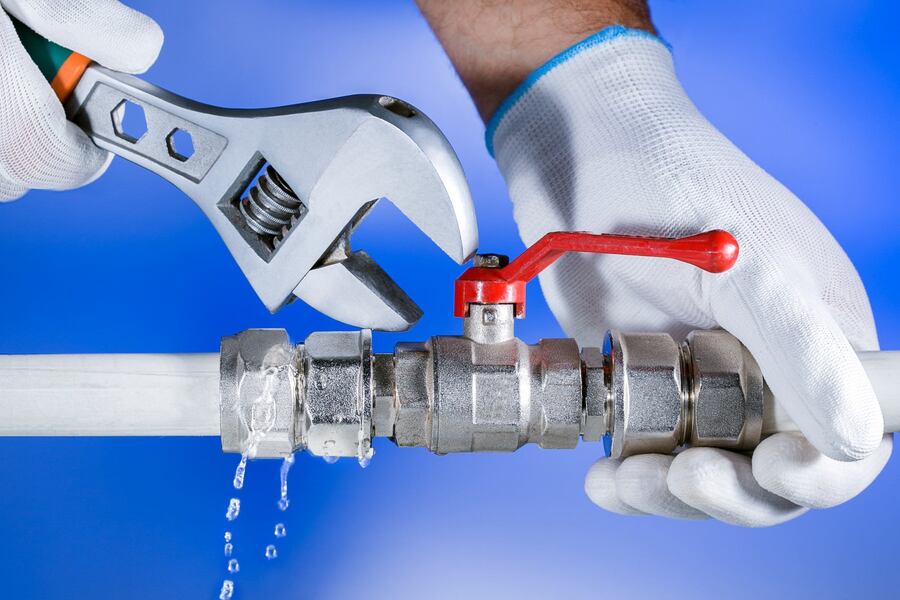Call This Monday to Get $50 Off
Schedule a Local Plumber in Morgantown Area - Call us Now to Get $35 OFF.
4.8 / 5 Ratings based on 794 reviews Great Plumbers, Great Reviews
Call This Monday to Get $50 Off
Schedule a Local Plumber in Morgantown Area - Call us Now to Get $35 OFF.

Your plumbing pipes work hard nearly all year round to ensure you have a clean water supply and wastewater is eliminated properly. Like other plumbing fixtures, pipes run into all sorts of problems, including clogs, root damage, corrosion, freezing, and many more. As a homeowner, it's important to understand the common pipe problems you can encounter and the possible solutions. In this blog post, Mr. Rooter Plumbing looks into some of the pipe issues and their fixes.
Root invasion is one of the leading causes of pipe damage in homes. If you have tree roots growing near your sewer lines or water pipes, it's only a matter of time before the roots find their way into the pipes. Naturally, tree roots grow toward plumbing pipes in search of water and nutrients. They find their way into the pipes through cracks or loose joints. Once the roots are inside the pipes, they will spread rapidly and interfere with the proper flow of wastewater.
You should never wait until you have a tree root invasion disaster on your hands to take action. Here's what you can do to prevent tree root intrusion:
Pipe corrosion is an issue you're likely to experience if you have regular steel pipes or galvanized steel pipes in your home. Even copper pipes are moderately vulnerable to corrosion. You'll know your pipes are corroded if you notice discolored water, visible signs of corrosion on the pipes, or an unpleasant metallic taste in the water. If your pipes are already corroded, consider repiping your home to prevent further problems down the line. Get in touch with a professional plumbing service for repiping.
When temperatures plummet during cold weather, the risk of exposed pipes freezing skyrockets. Some of the pipes that are more likely to freeze include exposed pipes, like hose bibs, sprinkler lines, and pipes in unheated spaces. Even inside the house, pipes running along exterior walls are at a higher risk of freezing. Frozen pipes pose a serious threat to your home's plumbing system. If your pipes have frozen, you can try DIY techniques such as positioning a space heater near the frozen pipes or wrapping the pipes with rags soaked in hot water. If you're not comfortable with thawing frozen pipes yourself, call a trusted plumbing repair service.
Mineral buildup is a common plumbing problem, especially in areas with hard water. Over time, scale buildup in pipes can narrow the passage, leading to decreased water pressure and potential clogs. This can affect everything from the force of your shower spray to the ability to flush toilets effectively. If you live in an area with hard water, reach out to a plumbing repair service for water softener installation. A water softener removes the minerals causing hardness in water.
Mr. Rooter Plumbing offers professional plumbing repair services that are backed by a satisfaction guarantee. If you're looking for trusted plumbers to fix your plumbing pipes, reach out to Mr. Rooter Plumbing. Here are some of the services we offer:
Contact Mr. Rooter Plumbing today for all of your residential and commercial plumbing needs.
Why You Should Have a Tankless Water Heater Hot water is one…
Read More+Common Water Heater Problems and How to Fix Them Water heaters are…
Read More+Water in Your Shower Not Hot Enough? Everyone deserves a nice hot…
Read More+